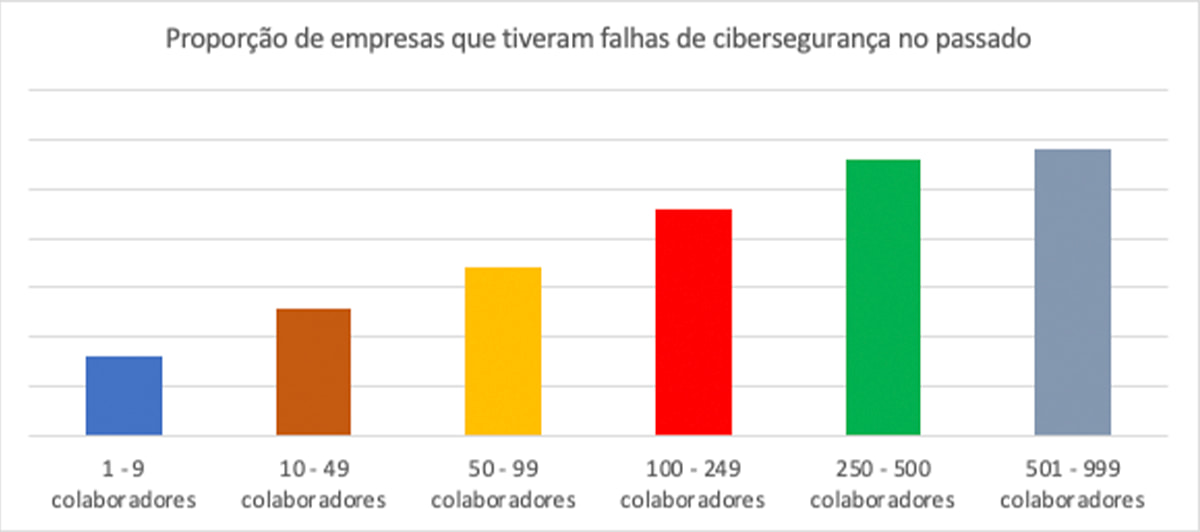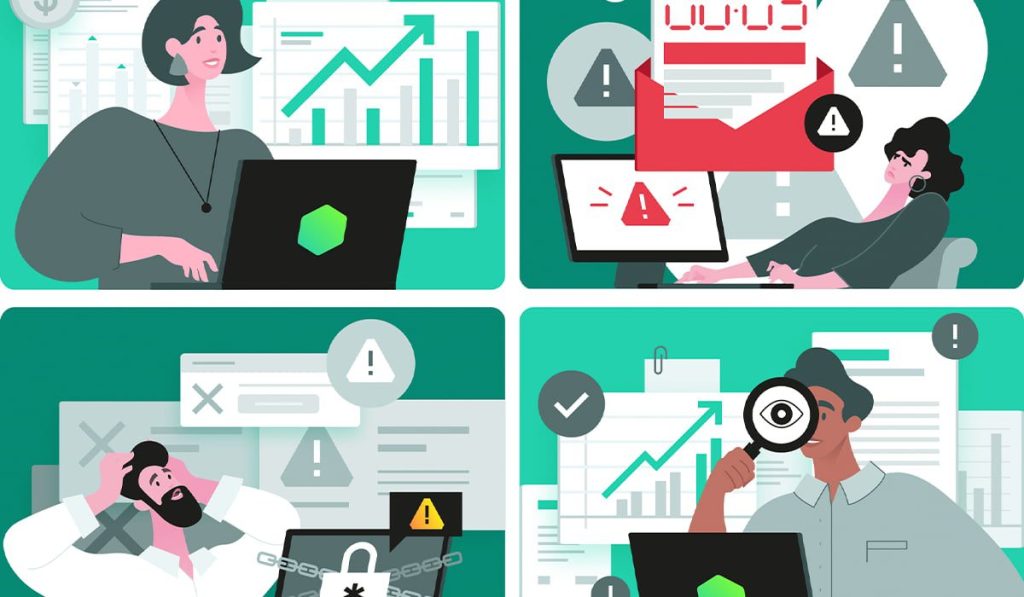.
Small and medium-sized enterprises are major contributors to the global economy: according to the World Trade Organization, SMEs represent more than 90% of all companies worldwide. At the same time, as the Pandemic demonstrated, these companies may be particularly vulnerable to the negative consequences of crises.
To find out which crises pose the greatest risks to small and medium-sized companies, Kaspersky interviewed decision makers from companies with 1 to 999 employees in 13 countries around the world. While the summary data indicates that cybersecurity breaches are the second most difficult type of crisis, surpassed by dramatic drops in sales, respondents representing medium-sized companies (50 – 999 employees) rated these two types of crises as equally complex.
Lease issues and the introduction of new regulations appear to be the least challenging for both small and medium-sized companies.
Concerns about computer security are not unfounded, especially given that the likelihood of facing a cybersecurity-related issue increases as a company grows. While only 8% of organizations with 1 to 8 employees said they had experienced a computer security incident, this percentage rises to 30% among companies with more than 501 employees.

“Cybersecurity incidents today can happen to companies of all sizes and significantly affect their operations, profitability and reputation. However, as our Incident Response analytics report shows, in most cases adversaries use obvious gaps in an organization’s cybersecurity to gain access to its infrastructure to steal money or data. This fact suggests that basic protection measures, accessible even to small businesses, such as a robust password policy, regular updates and employee security awareness, if not ignored, can significantly contribute to a company’s cyber resilience.”
Konstantin Sapronov, Head of Global Emergency Response Team at Kaspersky.
To keep your business safe even in times of crisis, Kaspersky recommends the following:
Implement a strong password policy, requiring a standard user account password to be at least eight letters, a number, uppercase and lowercase letters, and a special character. Make sure these passwords are changed if there is any suspicion that they have been compromised. To put this approach into practice without additional efforts, use a security solution with an integrated comprehensive password manager.
This will help eliminate the possibility of a brute force attack when an adversary tries to gain access to your digital entry point by submitting too many passwords or passphrases in hopes of eventually guessing correctly.
Don’t ignore software and device updates. These typically not only bring new functionality and interface improvements, but also address discovered security gaps.
Protect against ransomware. This type of attack, when an attacker encrypts corporate data and demands a ransom for its decryption, has held a dominant role in the threat landscape for many years. In addition to keeping all your devices up to date, another important step is to create offline backups for your data, so you can quickly access them if any of your organization’s files are encrypted.
Yours security solutions need to be able to identify and block malware unknown before it is executed, and must have a function that initiates the automatic creation of backup copies in the event of an attack; maintain a high level of safety awareness among employees.
Encourage your workers to learn more about current threats and ways to protect your personal and professional life and then free courses relevant. Conducting comprehensive and effective third-party training programs for employees is a good way to save the IT department time, and get good results.
Follow all the technological updates on TecheNet through telegram. All the news in real time and without delays!
Other interesting articles:
.









